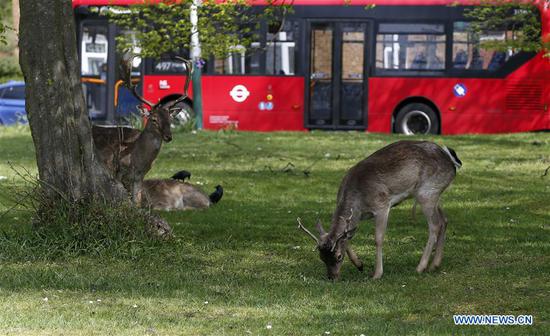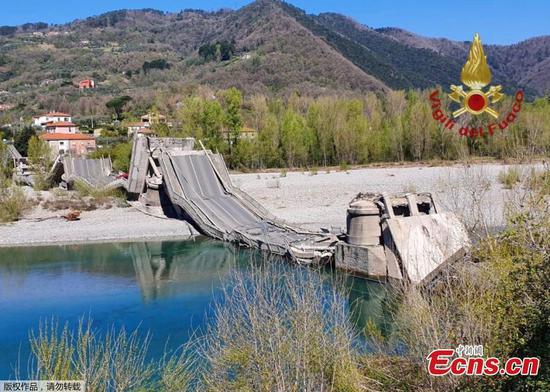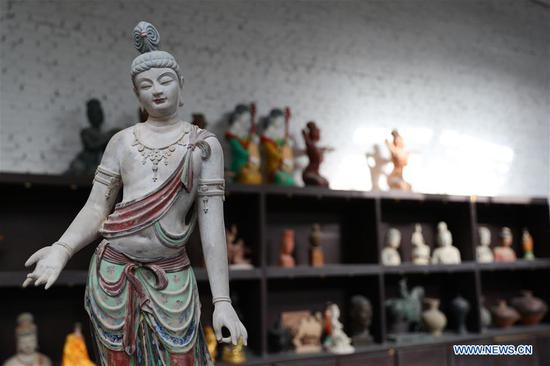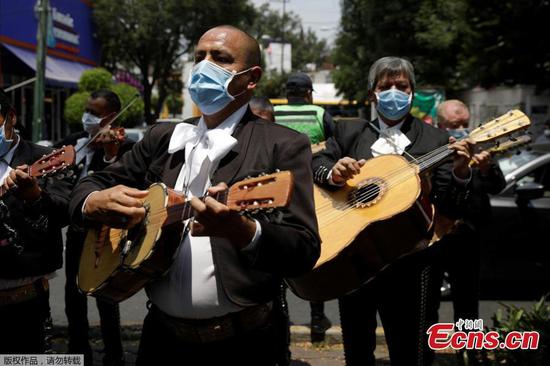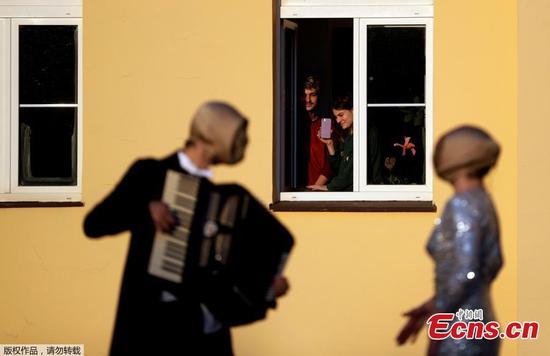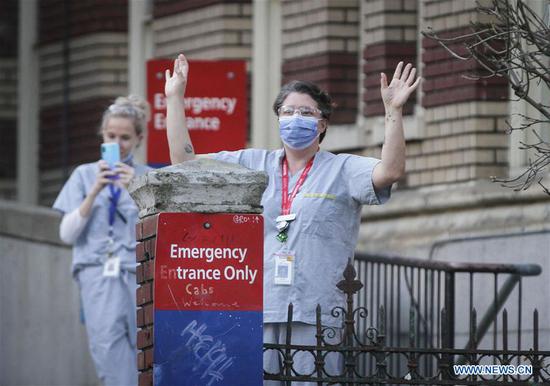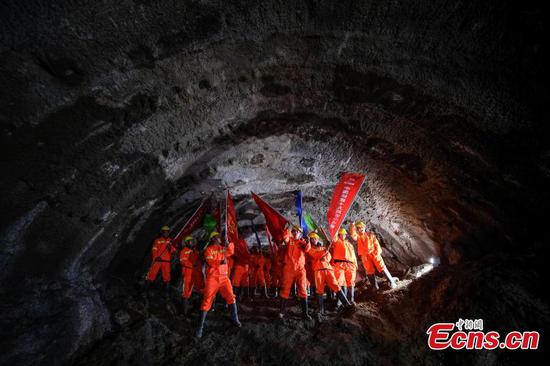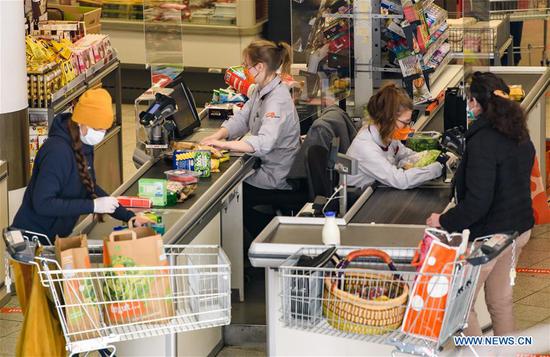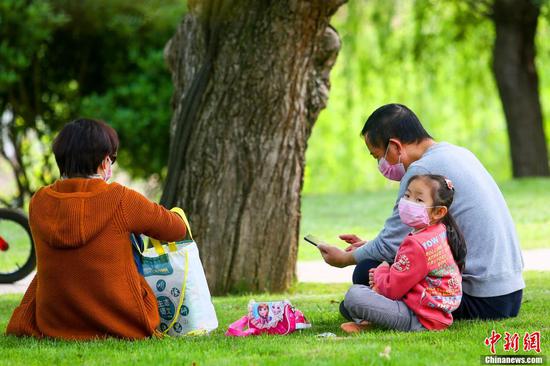Southern European nations and those in the north are on opposite sides of a chasm dividing European Union countries mulling the best way to help members ravaged by the novel coronavirus.
Finance ministers from the EU's 27 member states met online on Tuesday night to discuss a shared response to the pandemic, but failed to find common ground after 14 hours of talks.
One option on the table called for the bloc to collectively pay off the debts of all members, via so-called coronabonds. The arrangement would have seen richer nations in the north helping poorer nations in the south that have been hardest-hit by the pandemic.
The meeting ended on Wednesday morning with ministers at loggerheads over how best to rebuild members' economies after the pandemic runs its course.
The talks will resume on Thursday and, if an agreement is found, national leaders will vote on it later this month.
The Financial Times quoted Olaf Scholz, Germany's finance minister, calling on eurozone governments "not to refuse to resolve these difficult financial issues" and saying it was still possible to find a "good compromise for all citizens".
Member nations from the north dislike the coronabonds idea and say existing loan structures should suffice.
Italy's finance minister, Roberto Gualtieri, called for the issuance of coronabonds and an overhaul of the European Stability Mechanism's credit lines, which would remove all conditions on loans, something the northern nations vetoed.
The Netherlands finance minister, Wopke Hoekstra, said when asked why talks broke down that it was "too early to agree a total package", suggesting a deal may still be possible.
The BBC said the pandemic had "exposed deep divides in Europe" and noted critics believe the northern nations are not doing enough.
The broadcaster quoted Pedro Sanchez, the prime minister of Spain, as saying that the lack of an ambitious plan to help member states hit the hardest by the pandemic could mean the bloc would "fall apart".
The meeting on Tuesday night followed a similar one two weeks ago that also ended in stalemate.
The dispute has prompted anger in some southern nations and that frustration led this week to a coalition of Italian mayors and politicians buying a page in Germany's Frankfurter Allgemeine Zeitung newspaper to remind readers that Germany was never made to pay back its debts after World War II.
The southern nations' arguments do seem to be gaining traction in the north and the German tabloid Bild has come out in support of coronabonds. The paper has, in the past, argued against Europe-wide mutual debt bonds.










